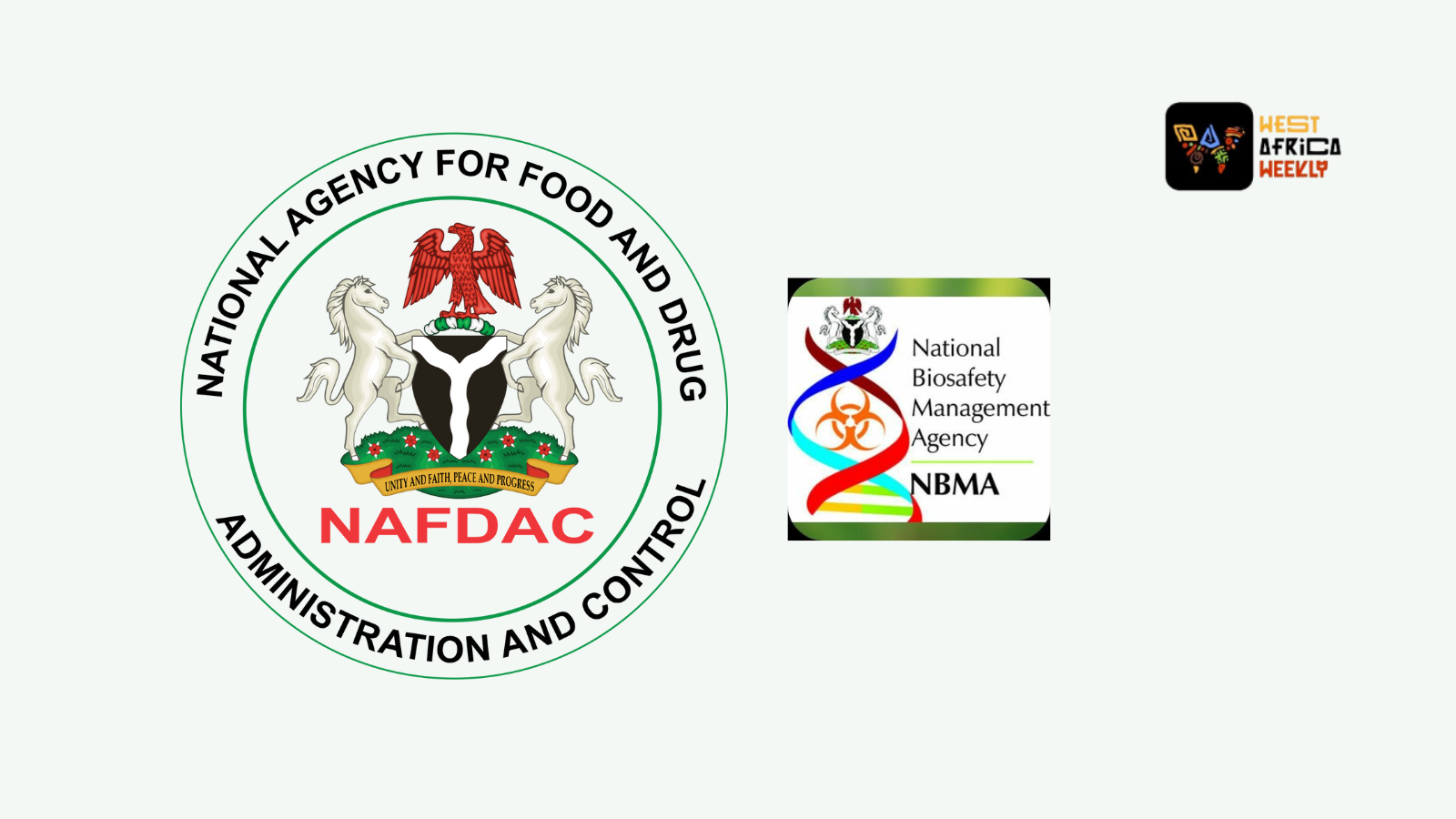
News
NAFDAC Bombshell: GMOs Lack Safety Evidence for Consumption

(iexclusivenews) – In a groundbreaking announcement that has sent shockwaves through Nigeria’s agricultural and food sectors, the National Agency for Food and Drugs Administration Control (NAFDAC) has declared a lack of evidence supporting the safety of Genetically Modified Organisms (GMOs) for human consumption.
This revelation challenges prevailing notions and raises critical questions about food security, regulation, and public health in Africa’s most populous nation.

NAFDAC’s Stance: A Paradigm Shift in GMO Perception
Prof. Mojisola Adeyeye, Director General of NAFDAC, made the agency’s position clear during a recent interview with Arise News Television:
- No extensive research conducted by NAFDAC on GMO safety
Lack of evidence supporting safety of GMO products like maize and tomatoes
NAFDAC has not registered any GMO products due to safety concerns
This stance marks a significant departure from the previously held views within Nigeria’s regulatory landscape, highlighting the need for more rigorous scientific investigation into GMO safety.
READ MORE: UK Election 2024: Labour Ends 14-Year Tory Rule in Landslide

Nigeria’s $150bn Samoa Deal: LGBT Clauses Spark Controversy
NAFDAC vs. Other Agencies
The NAFDAC revelation contradicts statements from other Nigerian agencies:
- National Biosafety and Management Agency (NBMA) previously declared GMO crops safe
National Biotechnology Development Agency (NBRDA) supported NBMA’s stance
This disparity in viewpoints among national agencies underscores the complexity of the GMO debate and the need for a unified, evidence-based approach to food safety regulation in Nigeria.
The Scope of GMO Applications: Beyond Food
Prof. Adeyeye clarified that GMOs have potential applications outside of food production:
- Non-food crop improvements (e.g., timber, rubber plantations)
Enhanced growth for furniture production
This distinction highlights the multifaceted nature of GMO technology and its potential impacts across various industries.
NAFDAC’s Research Gap and Collaborative Approach
The NAFDAC Director General acknowledged limitations in the agency’s research capabilities:
- Lack of in-house GMO research
Reliance on other agencies for guidance (e.g., Ministry of Agriculture)
Call for more convincing data on GMO safety
This admission emphasizes the need for increased investment in scientific research and inter-agency collaboration to address knowledge gaps in GMO safety.
Implications for Nigerian Agriculture and Food Security
NAFDAC’s stance on GMOs could have far-reaching consequences:
- Agricultural Policy: Potential shifts in crop development and farming practices
Food Imports: Increased scrutiny of GMO-containing products entering Nigeria
Consumer Behavior: Possible changes in public perception and food choices
Economic Impact: Potential effects on agricultural exports and domestic food production
The Way Forward: Balancing Innovation and Safety
As Nigeria grapples with this GMO controversy, several key steps emerge:
- Increased Research Funding: Boost support for comprehensive GMO safety studies
Enhanced Inter-Agency Cooperation: Improve coordination among regulatory bodies
Public Education: Launch initiatives to inform consumers about GMOs and food safety
International Collaboration: Engage with global experts and organizations on GMO research
Regulatory Framework Review: Reassess and update GMO-related policies and guidelines
A Call for Evidence-Based Decision Making
NAFDAC’s bold statement on GMO safety has ignited a crucial debate in Nigeria’s food and agricultural sectors.
As the country navigates this complex issue, it is imperative that science, public health, and consumer interests remain at the forefront of policy decisions.
The coming months will likely see intensified research efforts, heated discussions, and potential policy shifts as Nigeria strives to balance agricultural innovation with food safety.
This development serves as a reminder of the ongoing global dialogue surrounding GMOs and the critical importance of evidence-based regulation in ensuring public health and food security.
















